Love in the Arab Spring
The story of a young couple crossing paths in the darkest of times
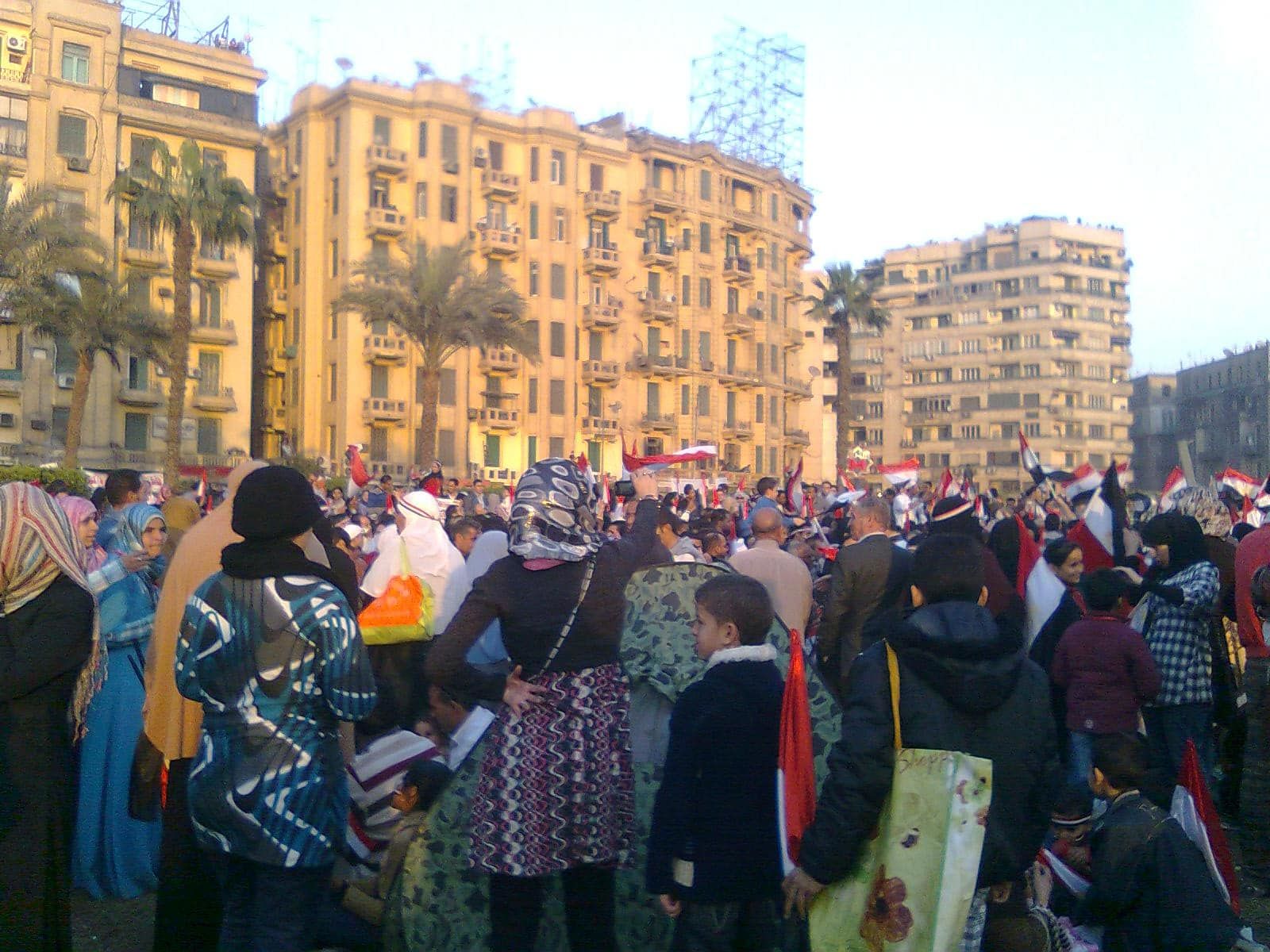
Revolutions, civil wars and endless protests, that was what the winter of 2011 brought along to the Middle East in what is now known as the Arab Spring. The wave of political movements swept across the region and changed the lives of millions of families. This is the story of one Egyptian couple whose lives were drastically changed by the revolution although they did not seek to take part in any of its events. The couple’s names were changed for safety reasons.
It all started on a warm October night in 2013, almost two years after the revolution sparks started in Egypt. Omar and his family were spending the night at home as the national state of curfew was still in place. Omar’s younger brother was late coming back home and his mother started to get worried, so she sent Omar to look for him in their street. That was the last time Omar entered his home for the following three years.
To his misfortune, a passing protest got aggressive as police forces tried to break them off. Tear gas and gunshots were heard and before he could make his way back, Omar was taken into custody.
Omar recalled the events of his arrest as he said: "It’s funny looking back at it now. It was not unusual for people to be taken into custody at police stations for no apparent reason, so at first I wasn’t scared.
"Because I wasn’t scared, and because I was sure I was going to get out of this in no time like the many others who have been through similar situations, I started talking back to the officers at the station. I was careless and fearless.
“It didn’t end well and I was transferred to public prosecution. That’s when I really started to worry. I knew then that this was more serious than I had anticipated.
"I spent a few days in prosecution; humiliating and degrading days. I would sleep in rooms as tiny as four by four metres with 30 to 40 people viciously fighting for a turn to go to the bathroom.
"It felt like those were the darkest days of my life. I couldn’t stop thinking. I couldn’t stop feeling guilty about what I must be putting my family through.
"I was charged with public disorder, incitement to violence and destabilisation. Now I had to wait for a court hearing."
Omar was sentenced to three years in prison after a verdict of guilty of all charges that were presented to him previously by prosecution.
"When the judge made his sentence, my heart sank. I could see my parents’ hearts breaking right in front of me along with my brother and sister’s tears," He said.
Omar described those three years as three phases in his life. The first phase was fear, that was before his sentence. The second phase was guilt, that was after his sentence, thinking that he was putting his family through a lot of emotions and hard ordeals. The third and final phase he described as a revelation period. That was the time he spent in jail getting to know other people, hearing their stories while dealing with his new life.
He said: "When I first arrived in jail, it was an eye opening experience. I saw people change drastically.
"I was fooled by some of my friends in jail. They used to spy and inform on each other.
"They were like ticking bombs full of negative charges as a result of all the injustice.
"I’ve seen people get divorced and families disown their children.
"I remember there was this one guy with me in jail who was just about to go out after two years in prison and just before he was due to leave, his wife came over to visit with her family and asked him for a divorce. She couldn’t deal with the society’s comments about him and the judgement. People would call him a terrorist so she didn’t want to start a family with him and put her kids through this struggle.
"My younger brother used to get into fights at his school when his classmates would call me a terrorist or a member of the Muslim Brotherhood, which I couldn’t be further away from being a part of.
"In contrast, there were wives of prisoners who had their husbands' back every step of the way. They gave them support all the way to the point where even their husbands would be surprised by it.
"The one thing that kept me going in jail was my family and my faith. Them smiling upon seeing me every time they come in for a visit was enough.
"Every time they’d visit I’d make them a gift. It didn’t matter how primitive it was.
"I’d carve a nice message on a soap bar or make my mother a flower bouquet with tissues. It was the sentiment that mattered.
"They would also come packed with all sorts of goods. Be it chocolates, fresh homemade food or anything that they know I’d like even if it would be financially exhausting.
"It was the best thing when someone would get engaged while in prison. It meant that someone out there believes in them and that they believe in a future when they’ll be out of their ordeal soon."
A few months before Omar’s release, his father passed away unexpectedly. He said that receiving that news was the worst part of being in prison.
"One day in March 2016, I had just had a family visit two days prior to that date, so it was quite surprising to have a sudden visit on a Saturday. I noticed that my sister was wearing an all-black outfit and I was trying to joke around with her like I do, when she suddenly burst into tears.
"My mother then told me that my father had passed away.
"I was so shocked I couldn’t say a word.
"I then broke down into tears and for a long time after that, it felt as if my backbone had been broken.
"
Omar got out of jail in October 2016, on a day which he described to be one of the happiest in his life.
He said: "I got really close to a lot of the people around me in prison and I remember the day before being released I was jokingly teasing my cell mates about how I’m getting out before they are. They woke me up in a celebration the next morning to see me out.
"I had to go to a transitional jail for three days before getting out and that was the hardest bit, the wait.
"When I arrived home, my friends were all at home with party food and lights and that made me forget all the suffering I’d been through."
(Images credit: Mariam Mamdouh)
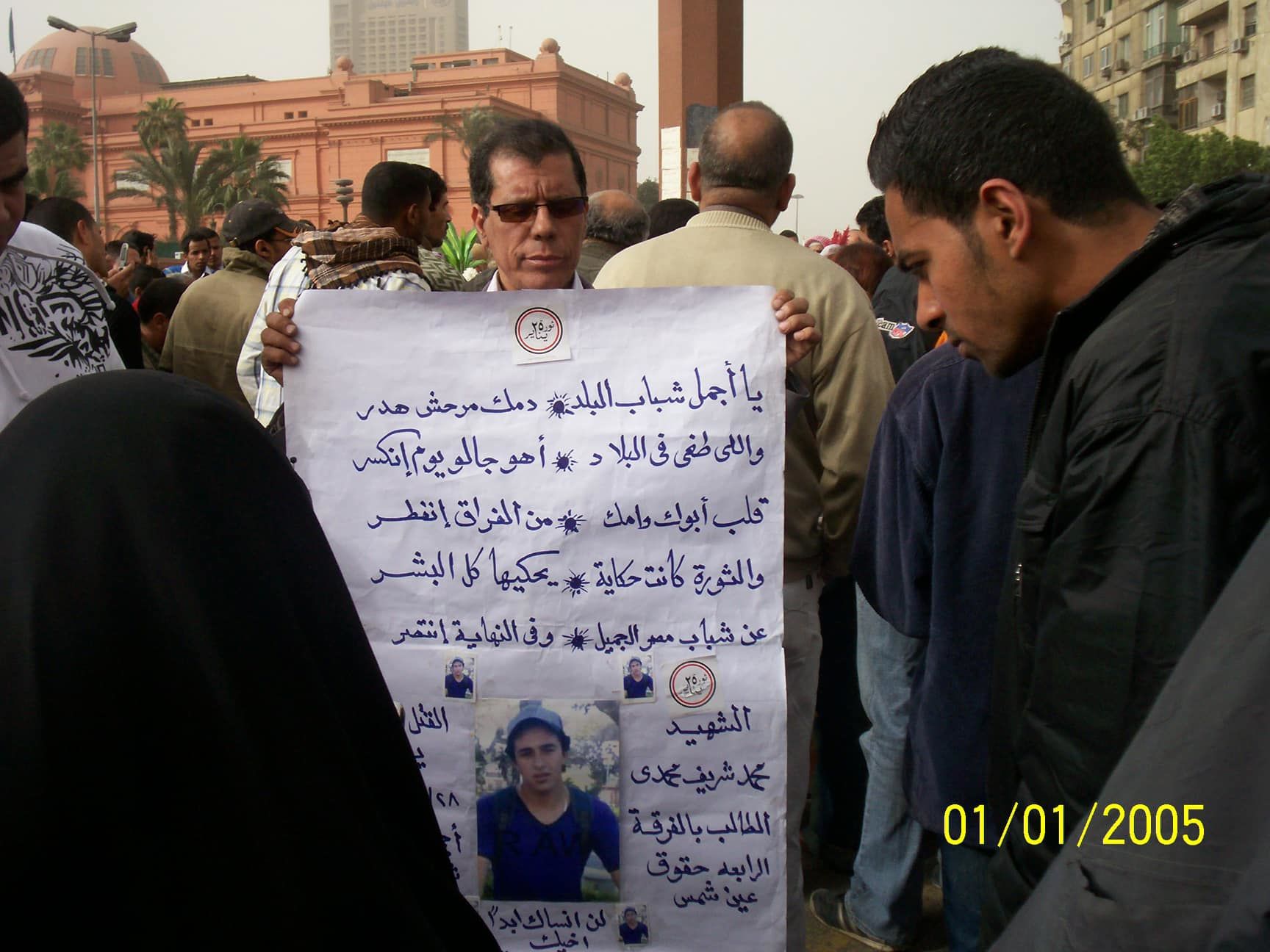
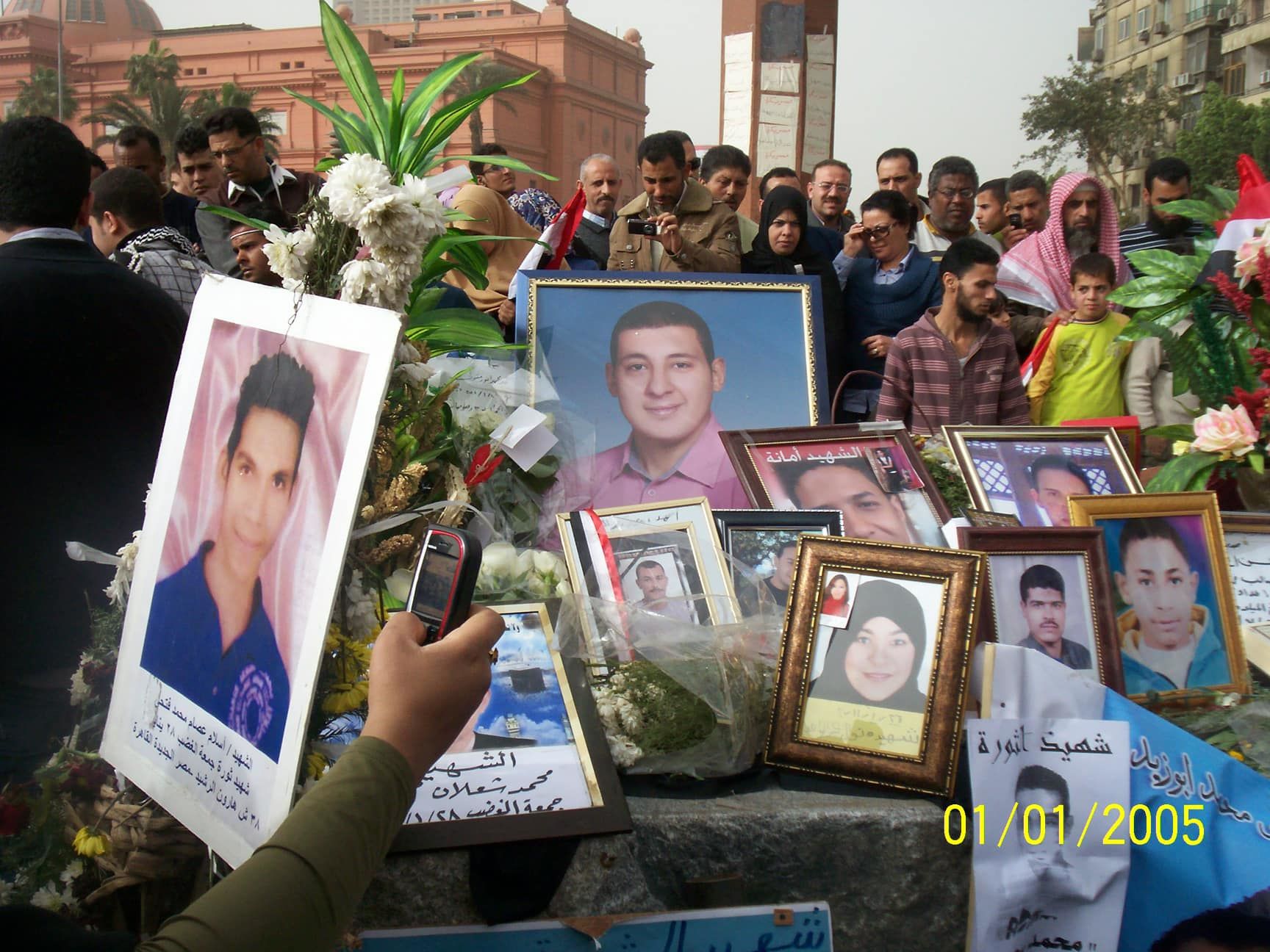
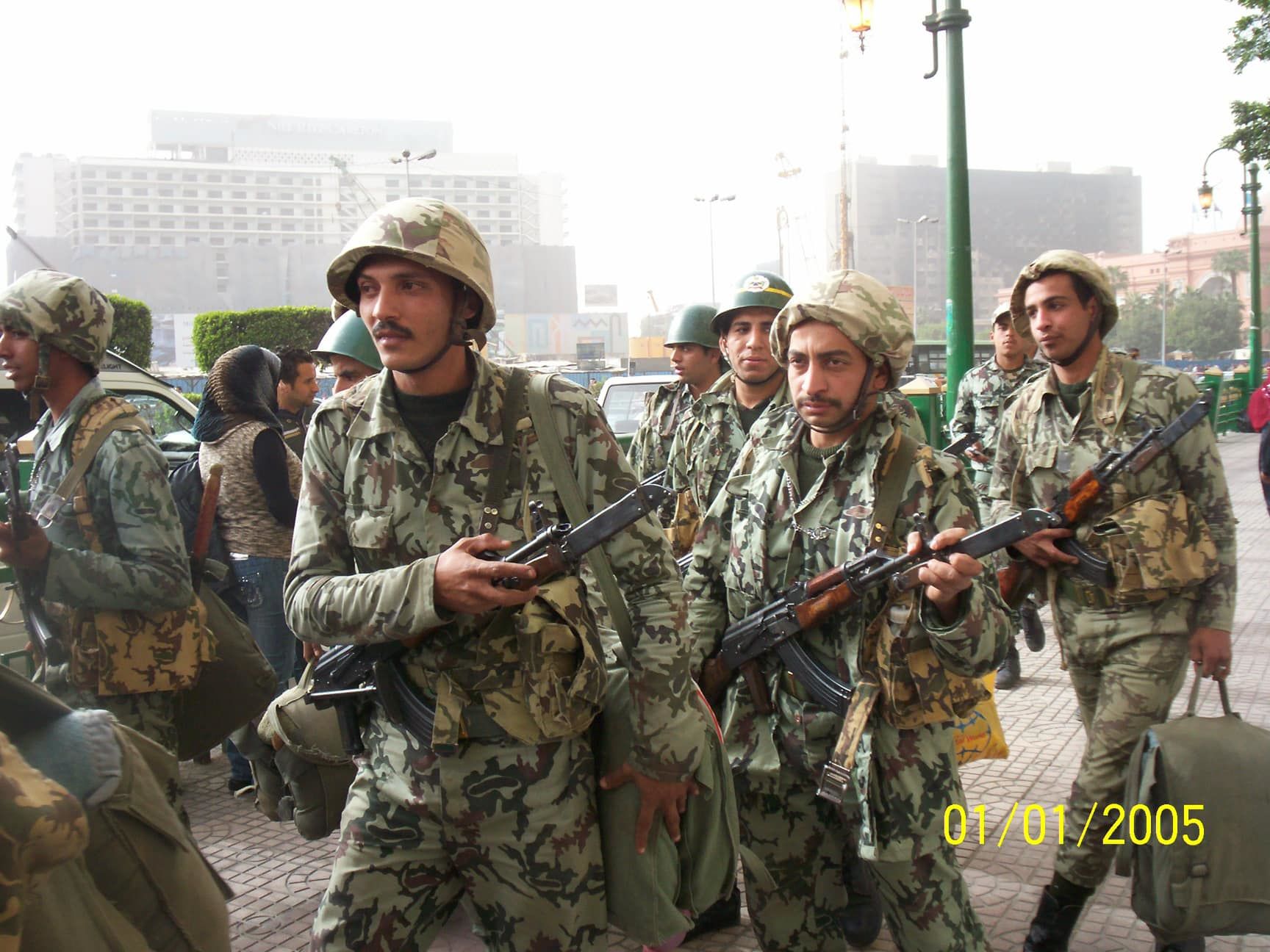
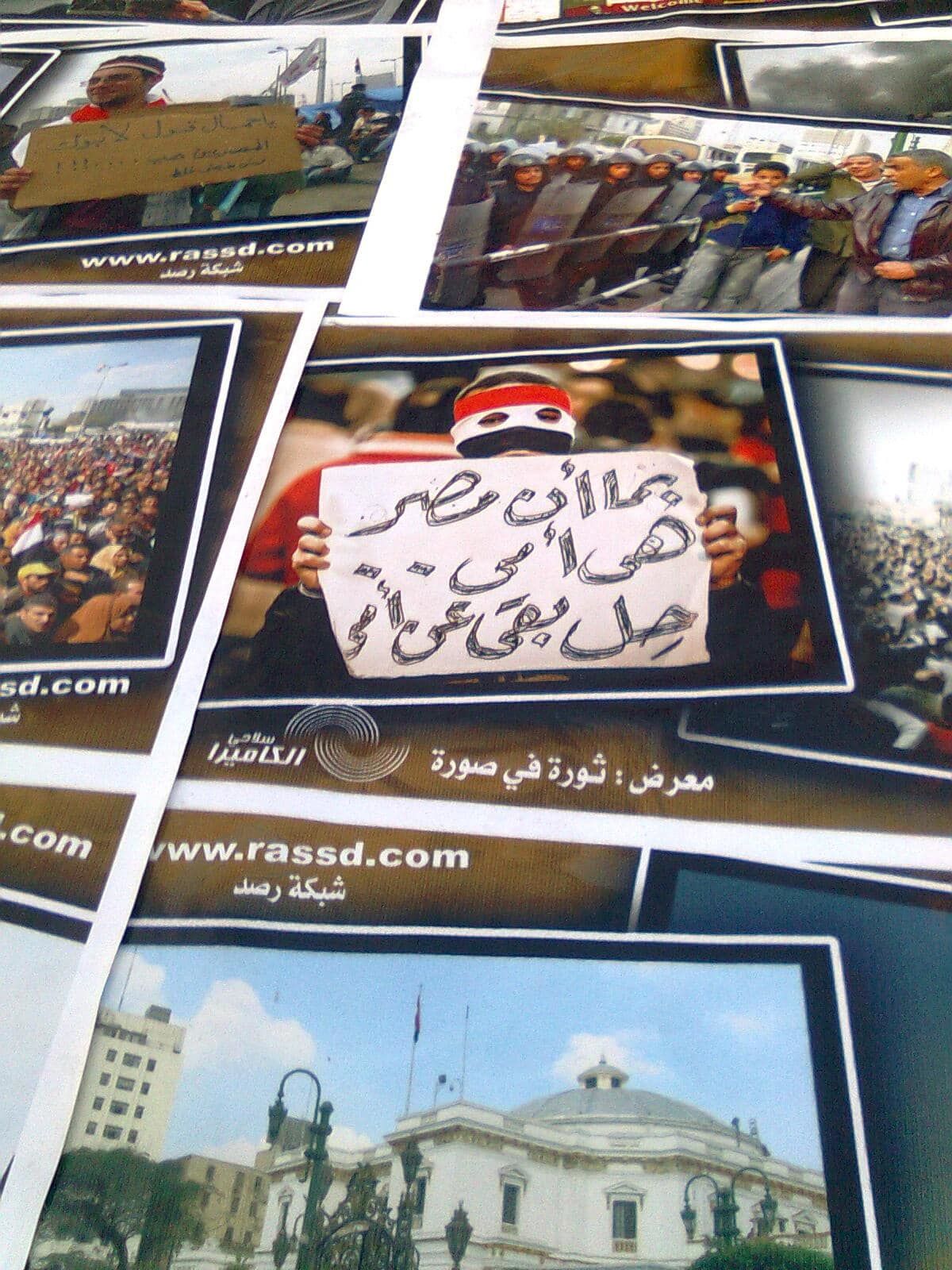
In a nearby street, in the same city, Omar did not know that the woman who would be his future wife and her family were going through a similar ordeal. Radwa was in her university dorm room in a different city when her mother called one night telling her that someone had reported her dad to be a member of the Muslim Brotherhood, and that police forces had broken into their home in the middle of the night and took him to prison.
Radwa said: "I remember I was having trouble sleeping that night. When my mom called with the news I fainted. I couldn’t take it.
"I had an exam in a few days but I immediately dropped everything and went back home.
"That night, police forces in masks raided our home at around 2am with large vehicles. They broke our door and took my dad. My eight-year-old brother was crying and one of them pointed a gun at him to stop.
"We did everything in our power afterwards to try and find him until we finally got some information on his whereabouts in 2014.
"We used to stand for hours in very long queues, up to several kilometres sometimes, just to see him for a little bit and bring him the food he likes.
"We’re a large family and the prison rules allowed only two people to go in per visit, so we used to pay some money for the guards to let us all in.
"We became friends with some of the families in the waiting queues and we used to sit together sometimes to have breakfast or on days of exams we’d sit together and study.
"We were just trying to give each other support throughout. My mother was the source of all that support for us as a family. She used to always tell my dad that we’ll always be there for him and support him no matter what.
"We used to take all his dirty laundry from a small opening in his cell window. That opening was also the only way they could get any fresh air in there, and with a lot of heavy smokers staying in that cell, my dad’s health deteriorated quickly.
"When the sentencing day arrived, a year and a half after my dad’s arrest, we were not even allowed to be in the courtroom.
"I pretended to be a lawyer just so I can go in there and be with my dad. It was such a difficult thing seeing him and his cellmates behind bars like that.
"After a year and a half in prison, my father and five of his cellmates were found innocent of all charges. I remember I screamed in joy after hearing the sentence and had to be taken out of the courtroom."
Radwa’s father and Omar both came out of prison at around the same time period. After Omar was back home he said that his mother was pushing for him to get married and so was Radwa’s mother, but they did not know that fate would unite them soon after.
Radwa said: "Our mothers knew each other and got me and Omar in contact. We met one day and talked a lot and a connection was there. That's how our story began."
Radwa and Omar got married soon after.
(Images credit: Hossam El-Hamalawy - Flickr.)
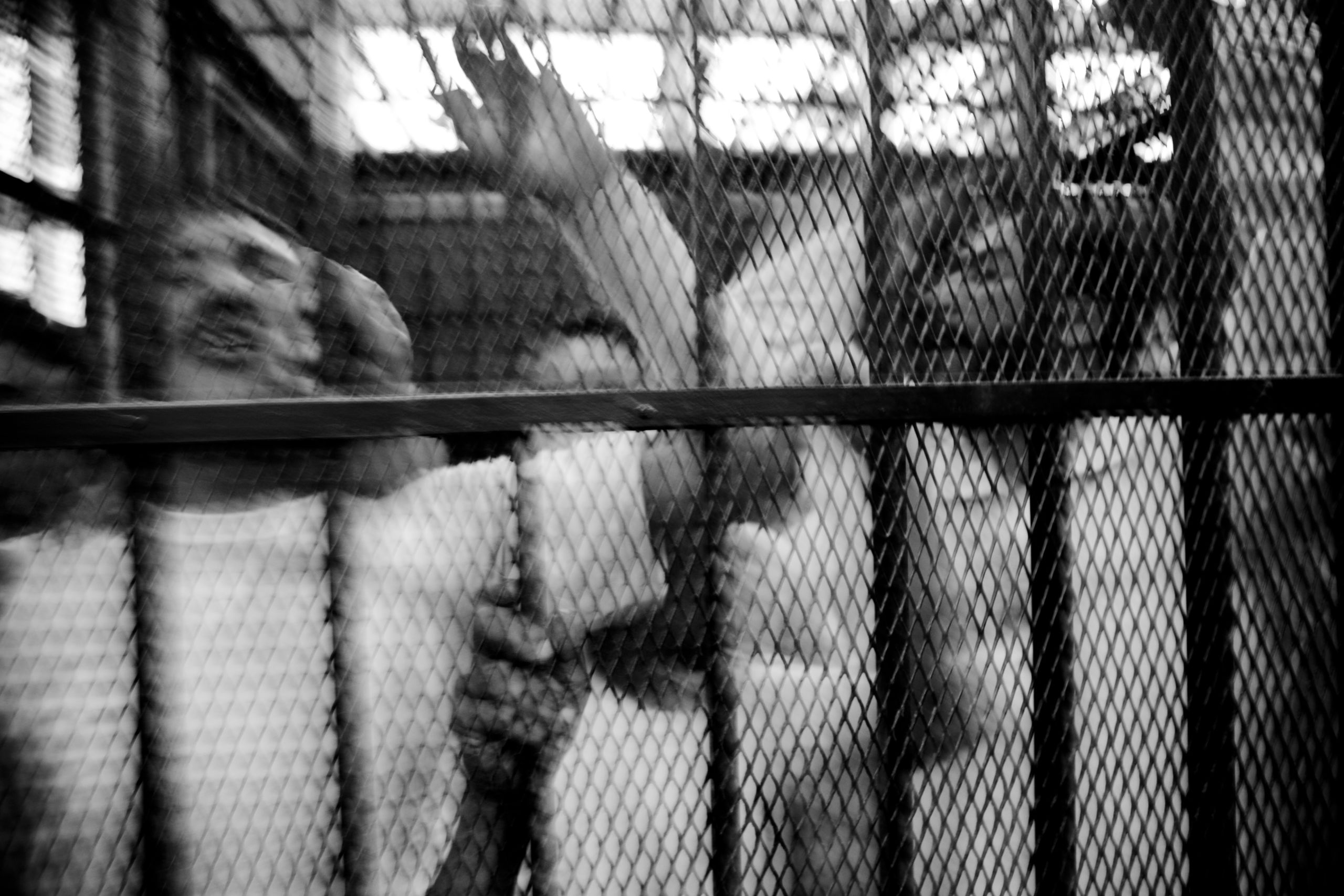
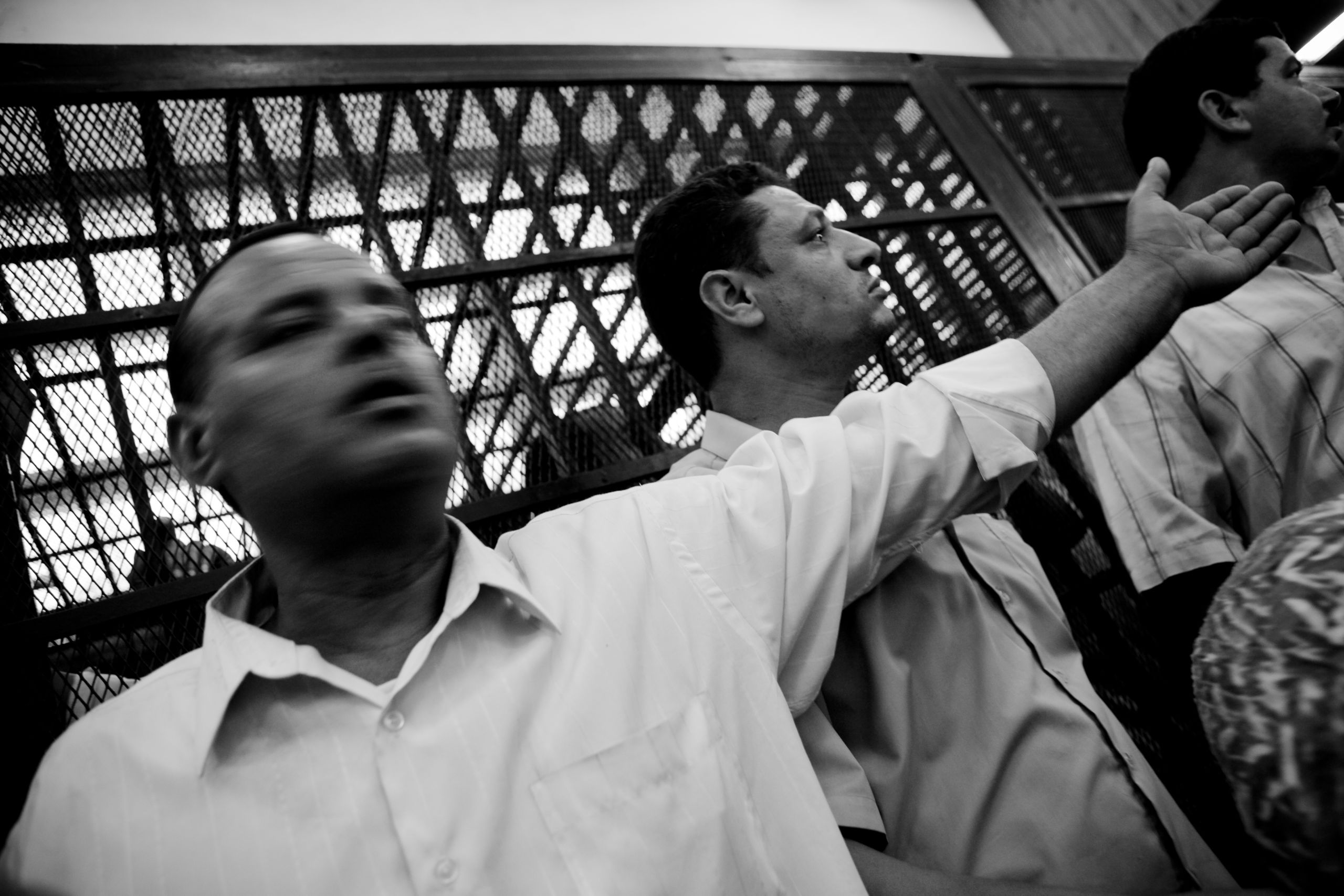
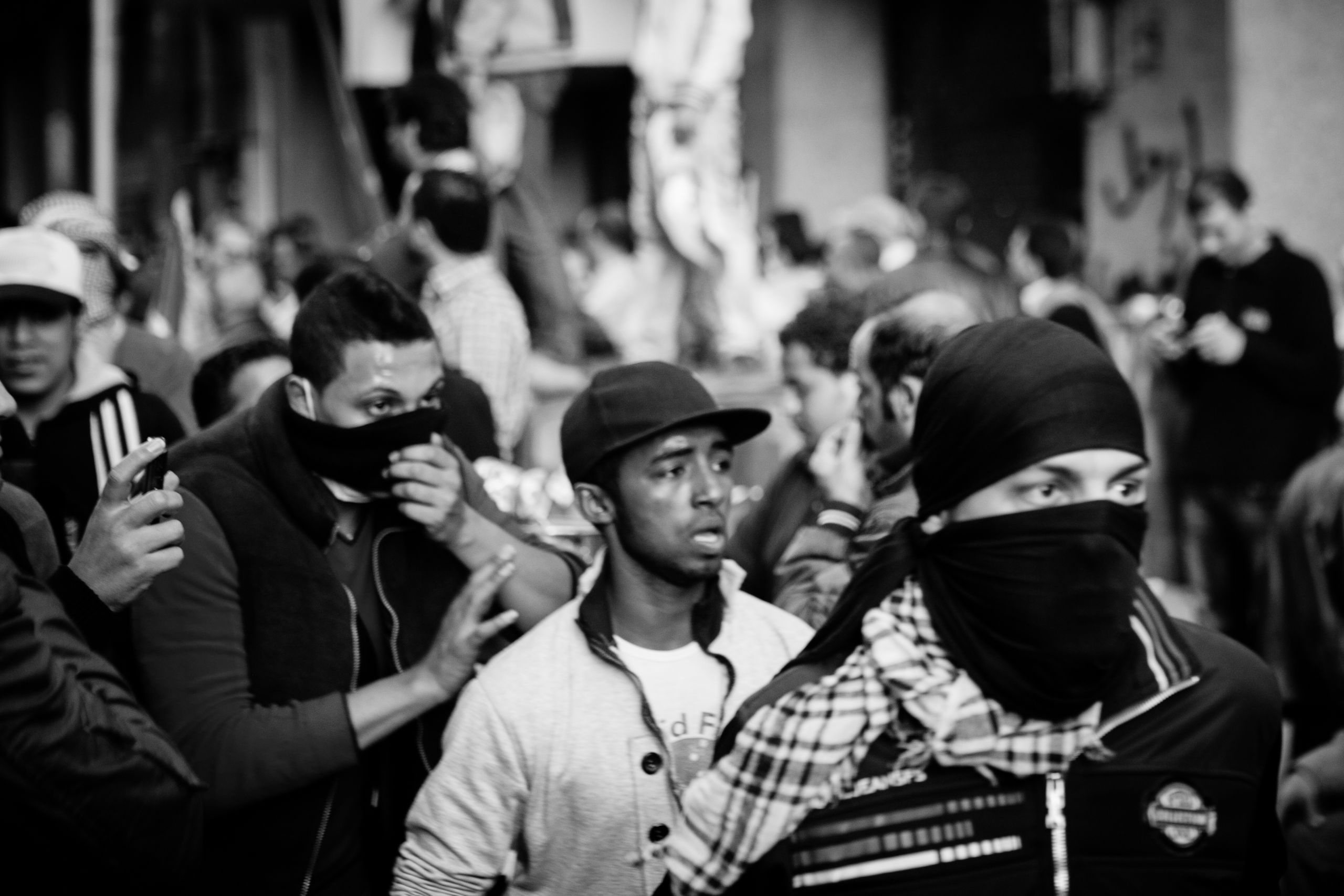
A timeline of the Arab Spring making its way to Egypt:
Human Rights Watch (HRW) has recorded that between July 2013 and July 2016 there have been an approximate 60,000 arbitrary arrests in Egypt.
Amr Magdi, researcher at HRW said: "There are serious violations in the process -of imprisonment- such as not informing the person of the reason why they are arrested, not giving them meaningful access to lawyers and the justice system.
"This happens in Egypt almost systematically with almost every single detainee arrested for any case with a political background.
"Families of the tens of thousands of people taken to jail unjustly are under a lot of pressure. This leaves a lot of bitterness and a sense of injustice in Egypt that is becoming pervasive.
"It leaves a lot of broken families. This kind of oppression leaves a huge impact on the social situation of those families affected."
For more information about the work of HRW in the Middle East, visit their website.

Credit: Mononomic - Wiki commons
Credit: Mononomic - Wiki commons
